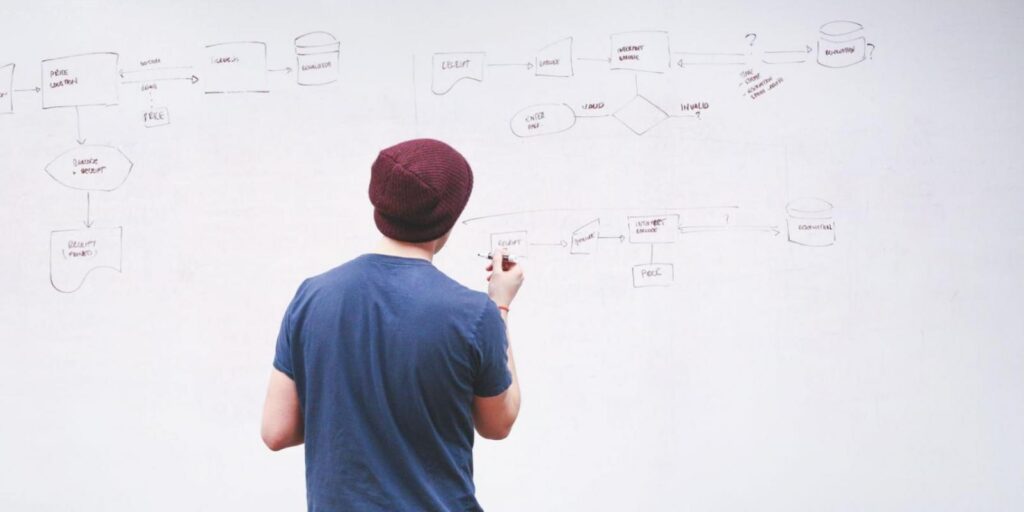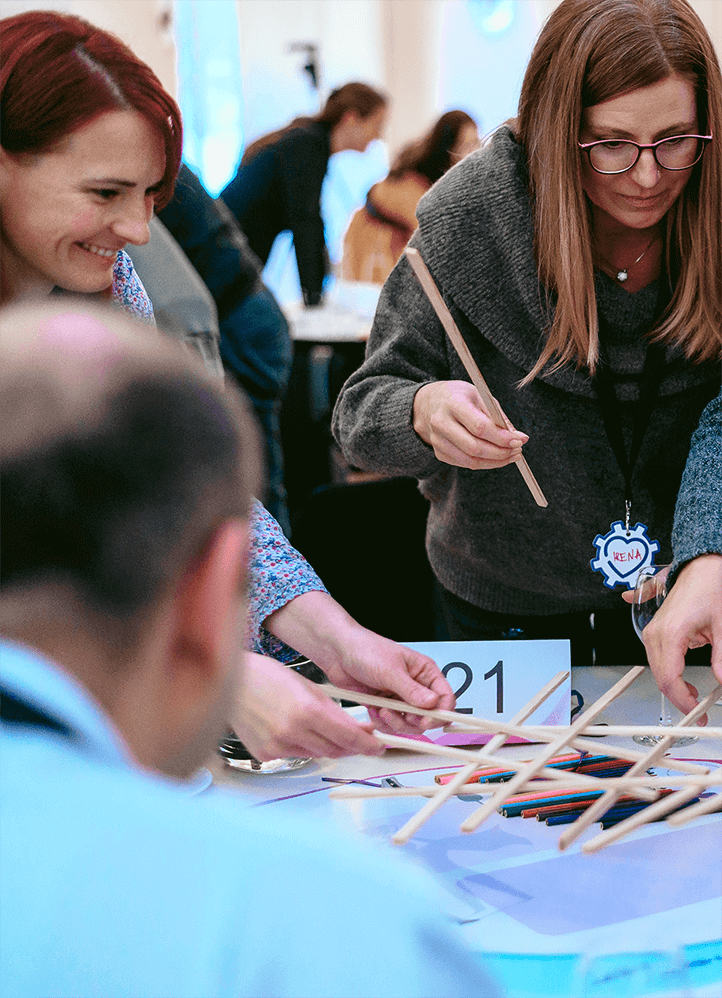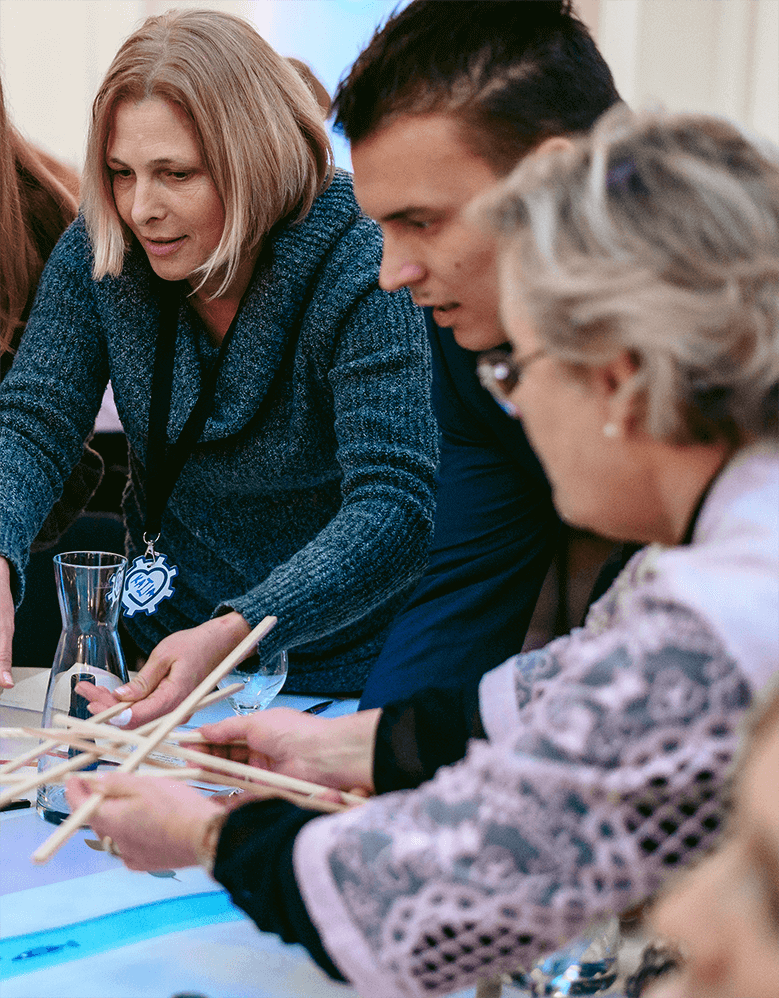
Stages of team development
Top teams reach a performing phase where the leader can retreat into the background and the team is characterized by high efficiency.
Changes are a constant in teams as well
Teamwork, relationships, and leadership change throughout team’s life. Good teams are familiar with these processes and can therefore better respond to team changes. There are several models that describe this course of events in the team, one of the most useful is the model of psychologist Bruce Wayne Tuckman, which was developed in the 1970s. Although it is a relatively simple model, it sums up the essential differences in the different stages of team development, Albert Einstein said: "Make everything as simple as possible, but not simpler." In addition to good leadership, teams need additional encouragement in the form of team workshops and active team programs - during the transition between phases and when major changes within the team or in its business environment happen.
In addition to good leadership, teams need additional encouragement in the form of team workshops and active team programs - during the transition between phases and when major changes within the team or in its business environment happen.
- Forming - in this phase, teams are getting organized and preparing for collaboration. Team programs here can help team members get to know each other, build trust, and unify expectations. In the forming phase, such an incentive should happen somewhere in the first three months of setting up the team or at least three months before a big change in the team.
- Storming - each team goes through a storming phase. At this time, team programs can help mediate and resolve conflicts, exchange views, and introduce a proper leadership and communication system.
- Norming - this phase is not difficult to identify - things start to "fall into place", and a high level of trust is established. Team programs in this phase help the team to regulate the rules of operation, define processes and completely unify the common goal and the path to it.
- Performing - when the norming phase is completed, the team begins to perform its tasks successfully - energy is focused on work and less on interpersonal relationships, which greatly increases team's efficiency. Successful work should be rewarded.
Tips on creating the right teams
New developments in activities, teamwork and training
We create solutions for your team
Dedicated to developing innovative teambuilding programs, which help companies and teams.









